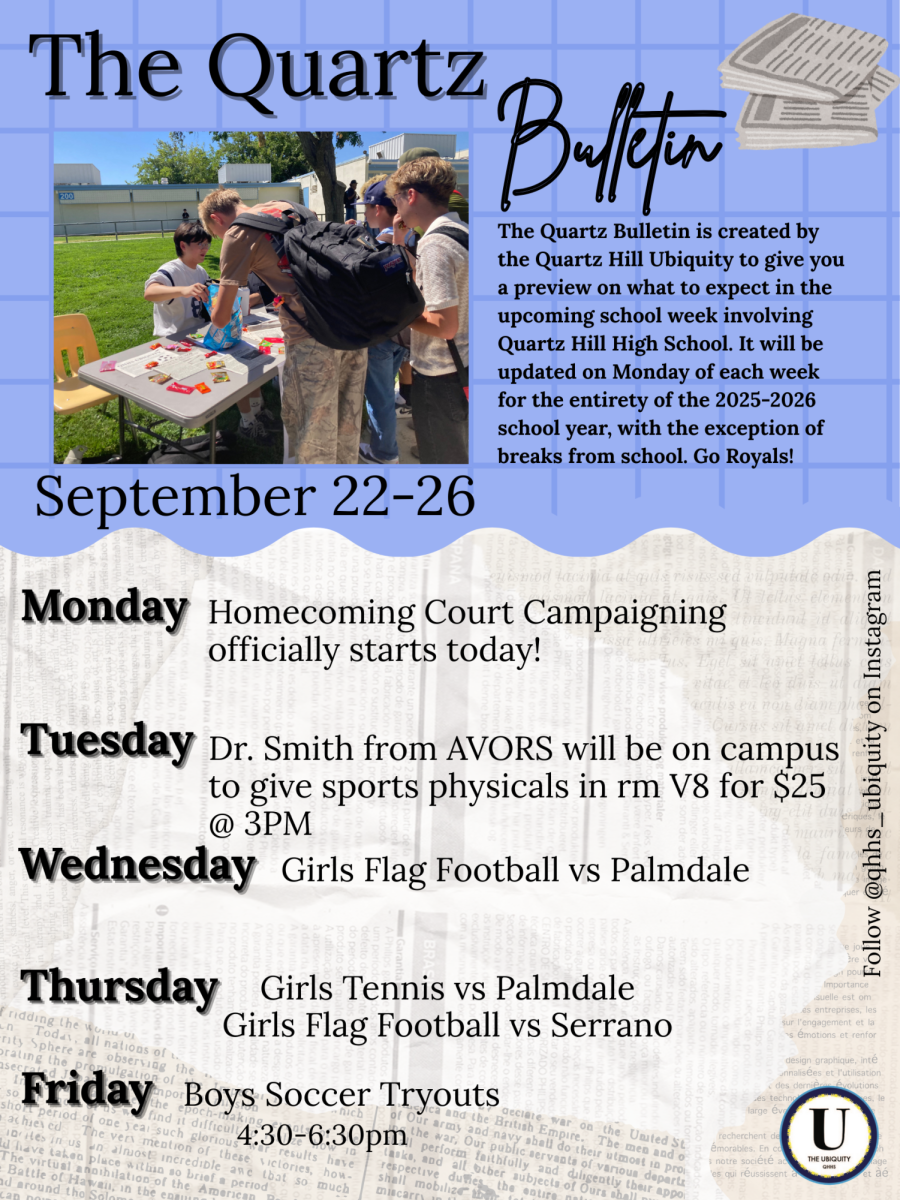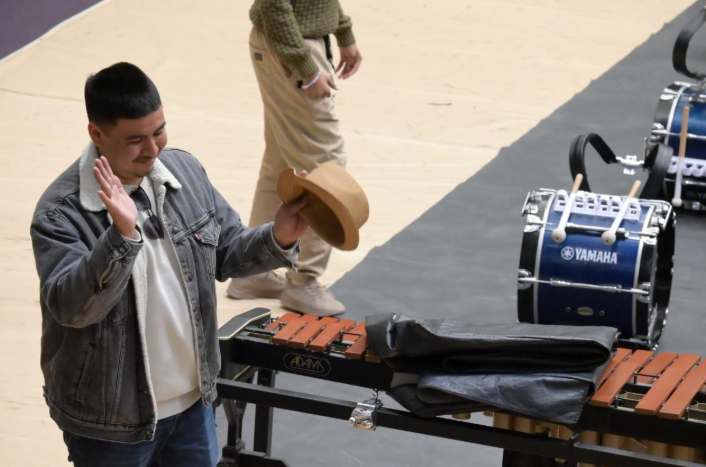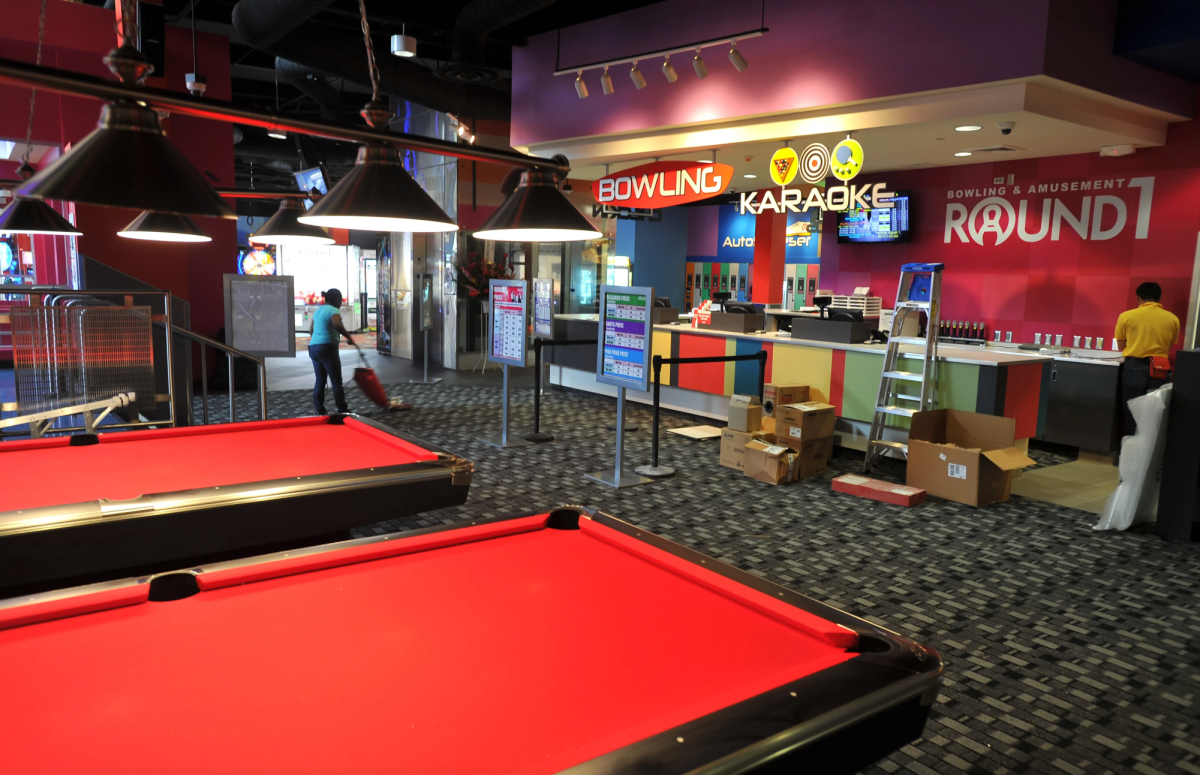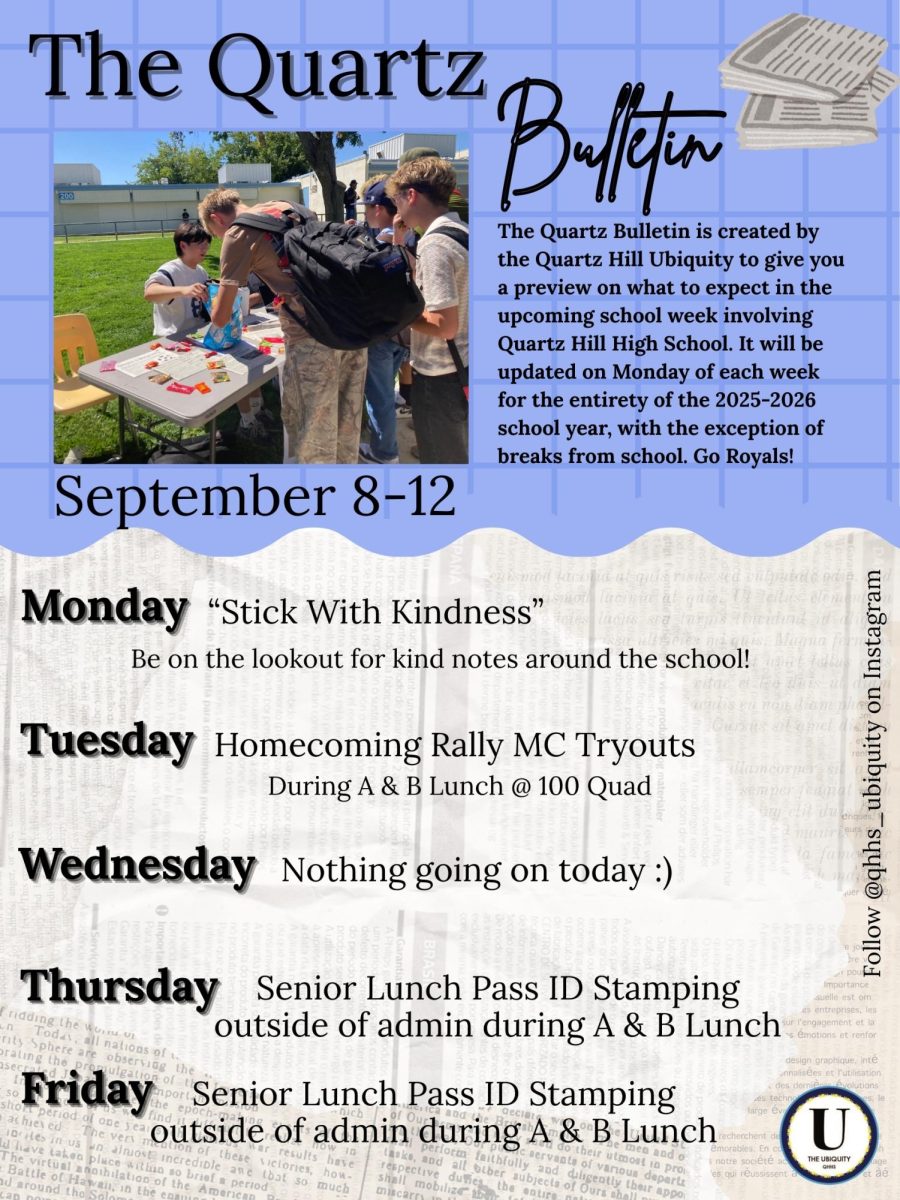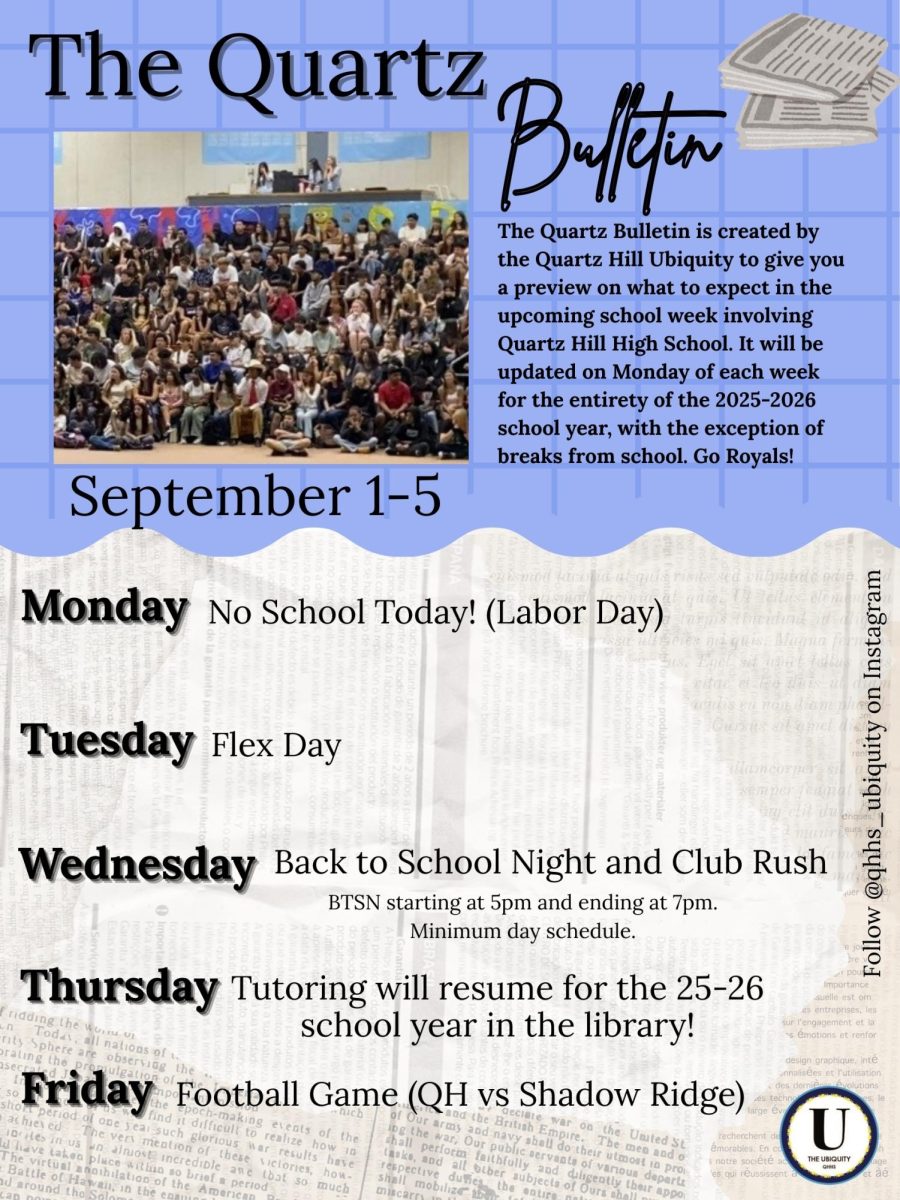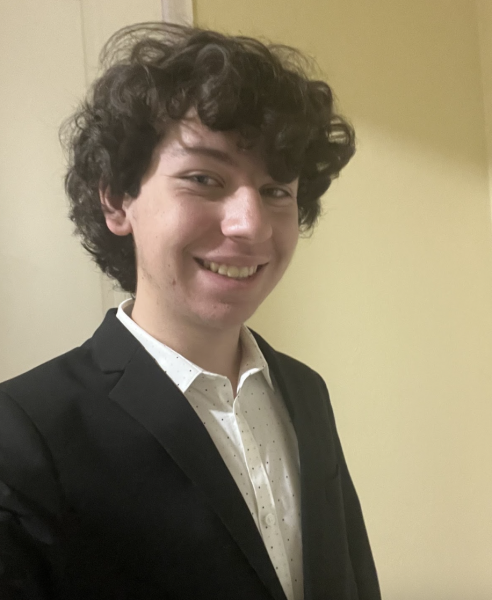Signing up for classes is a hard decision that could affect your future. This is why pathways make choosing classes that lead you down a career path easier. Pathways are multiple classes students can take every year, starting in the first or second year and ending in senior year. The pathways mentioned in this article are engineering, computer science, and the TV academy pathway. While they all are in different genres, each pathway does not only specialize in their respective study but also teaches real-world skills. Understanding what pathways teach and do can help you decide next year’s classes.
A common misconception is that these classes are focused more on a subject than more classes; it is the opposite. The subject taught is more like a method of teaching skills used in the workforce, like collaboration, time management, and planning. These are especially true for the engineering pathway and the TV academy, which has many projects that teach all these skills listed to complete the subject. This is a reminder that you do not have to be searching for a career in these subjects to join these pathways. Even Computer Science, which is more focused on their subject and independent than other classes, teaches essential coding skills that help in any career and helps with critical thinking. These paths are for anyone to learn skills for any career. However, each pathway still has its differences.
The TV academy is one of our most extensive pathways that can be called a completely different school in our school. Not only does joining let you join the classes for three years, but it also puts you in classes with TV academy teachers who interrogate topics from the TV academy into the class. The TV academy being integrated into some of your classes also makes a better community, with everyone in the academy knowing everybody at least. These classes also use professional-grade equipment used in the real world to create production for our school. With costly drones for thousands of dollars or Mac computers for everyone to produce material for the class. Perfect for anyone entering this industry to practice with equipment they will use in their job. The TV academy has also been compared to or close to a job. Though the class is not incredibly hard, the class takes time management and how to deal with deadlines to take the class, similar to a job. Plus, the professional-grade equipment prepares the class well for a job. This class is expanding in the future, so if you want to join, do it as quickly as you can. Plans for this pathway include more classes connecting with the film academy and more opportunities for students to see film in the workplace.
The engineering pathway is perfect for hands-on learning and projects that teach fun, exciting skills. The path starts with intro to engineering and expands to aerospace engineering, which is in increasing demand. This pathway differs from others by being run by Project Lead the Way, which creates the curriculum for the school, which means it is well-made and used around America to teach engineering. Furthermore, our school has one of the best engineering programs in the Antelope Valley, with a four-year program. If you have followed the program, there is even a capstone class at the end of the pathway. At the end of the year, you make a huge project to show everything you have learned and to test the critical thinking skills you have learned over the years. Important with this pathway is that every year, there is an engineering class, so you can increase your skills year to year that are missing from other pathways. The goal was to make multiple classes students can take every year, even having optional or additional classes you may take. For the future of this program, the curriculum is constantly changing by Project Lead the Way and has recently changed, which will be added in the coming years.
Lastly, the Computer Science pathway in our school is important for the future. The pathway has three classes: two APs and one non-honors, Computer Science Principles AP, CyberSecurity, and Computer Science A AP. These classes mainly teach coding, the logic behind it, and how networks work. The school is proud to have these classes, such as computer science and, more importantly, coding, which is becoming more critical in the digital age. As mentioned before, many careers benefit from being able to code. Computer Science could help other pathways mentioned with hardware from engineering and software from Computer Science. Even with the growing importance of computer science, class sizes have been small for a while, with few students joining. Moreover, any new changes would have to come from the district, which we have no information about. Though Computer Science won’t disappear with its importance, work on it might be slower than other pathways.
Something to recognize in these pathways is the choice of non-honors or honors classes. The TV academy pathway is not honors, but these classes are time-consuming and more demanding than other non-honors classes. The reason for this, stated by Mr.Hall (TV academy founder), is that he wants everyone to be able to join and not have an honors label that makes people feel scared to enter. We can see this working with their class size increasing every year. Engineering offers all honors classes and appeals to students who have also worked. The problem comes in Computer Science, which is doing both, having two AP classes and an honors class in the middle. While there is no AP cyber security class, it is not honors to incentivize non-honor students to join. However, this has stopped both non-honors and honors students from entering. Honors students have to deal with a year of a non-honors class, while non-honors students feel pressured by an AP class. This is a huge problem that could change in the future years.
While some students might dislike pathways because of the lack of freedom or order they want to take classes, pathways are perfect for students who are unsure of what they want and those who don’t have a specific career path. However, freedom is a good argument that is a cost of having a prepared pathway to improve multiple skills in high school. Some high achievers might also try to skip classes to get another AP class or get all the knowledge of the pathways in one class. One strength of a pathway is to perfect a skill over multiple years instead of one. For example, the engineering pathway evolves from simple engineering skills to flight physics. Even with these arguments, pathways simplify it for students, help improve skills over multiple years, and improve their life skills.



